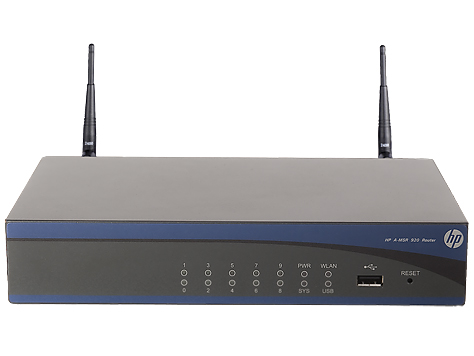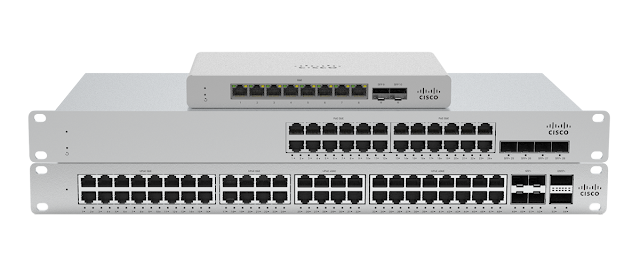Network Routers
Routers is a networking device
that can connect multiple computing devices on those networks to the Internet.
Routers play a vital role by interconnecting multiple devices within an
enterprise network. Routers also have different types on the base of their
functions which are introduced by different company brands. So it is very
important to select a right type of router according to their use.
Main Types:
1. Branch Routers
The Branch Routers are used and
made to provide services to branch, these routers contain single platform of
optimal application experience across your business branch, it also support
simple network configuration management. The function of these routers are:
having an ability of fast recovery from typical faults, this minimizing the
service elimination. Branch Routers can work or provide routing services for
24/7, this is also a plus point of these type of routers.
 |
| branch router |
2. Service Provider Routers
Service provider router is a type
of router that can deliver end-to-end scalable solutions and provide
subscriber-aware services. The importance of these routers are: reduce expenses
and cost, provide scalability and flexibility of their service to deliver
next-generation Internet experience across all devices and locations.
 |
| service provider router |
3. Network Edge Routers
Network edge routers provide the
important function of enhanced quality of their service for nonstop daily
internet surfing, it also deliver high-performance, high reliability and having
secure functions to the network edge that unite branch, campus, and data center
networks.
 |
| Network edge routers |
Network Switches
The Network Switches are hardware
devices that are used to communicate several computing devices with
each other within a network. Network Switches works as a controller, creating a
connection between computers within a network. These Switches provide an
important role in every single type of business network. Because of many
different types of networking switches available in market, it is very
important for you to choose a right type of network switch for your use. There
are major five types of network switches which are used these days. Also the
other types of switches according to configuration includes the fixed
configuration switches, the modular configuration switches, the stackable
configuration switches and the non-stackable configuration type of network
switches.
Main Types:
1. Campus LAN Switches
Campus LAN Switches contain core,
distribution, access and compact type of switches. These Switches includes
catalyst and nexus series of switches by Cisco Network. The Cisco Catalyst core
and distribution switches connects multi domain business network together with
enhance security and easier scalability.
 |
| Campus LAN Switches |
2. Data Center Switches
Data
center switches are designed to support storage data for operational
continuity, critical applications, infrastructure scalability and transport
flexibility. Cisco provides a large variety of switches in this category of
switches. It includes different versions of catalyst and nexus series switches
by Cisco.
 |
| Data center switches |
3. Service Provider
Switches
Service provider switches are
also a type of switches, which includes aggregation switches and Ethernet
access switches. These switches aggregate traffic at the edge of a network.
Ethernet access switches provides the features of application intelligence,
integrated security, simplified management and unified services for network.
 |
| Service provider switches |
4. Cloud Managed
Switches
The Cloud managed switches are
also a type of switches that can monitor, maintain and configure thousands of
switch ports over the web. Cisco provides Meraki Switches series in these of
switches.
 |
| Cloud managed switches |
5. Virtual Networking
Switches
The Virtual networking Switches
are also a type of network switches. In this category of switches, Cisco
provides Nexus virtual enable switching series that provide secure services
with virtualization intelligence technology.
 |
| Virtual networking Switches |









Comments
Post a Comment